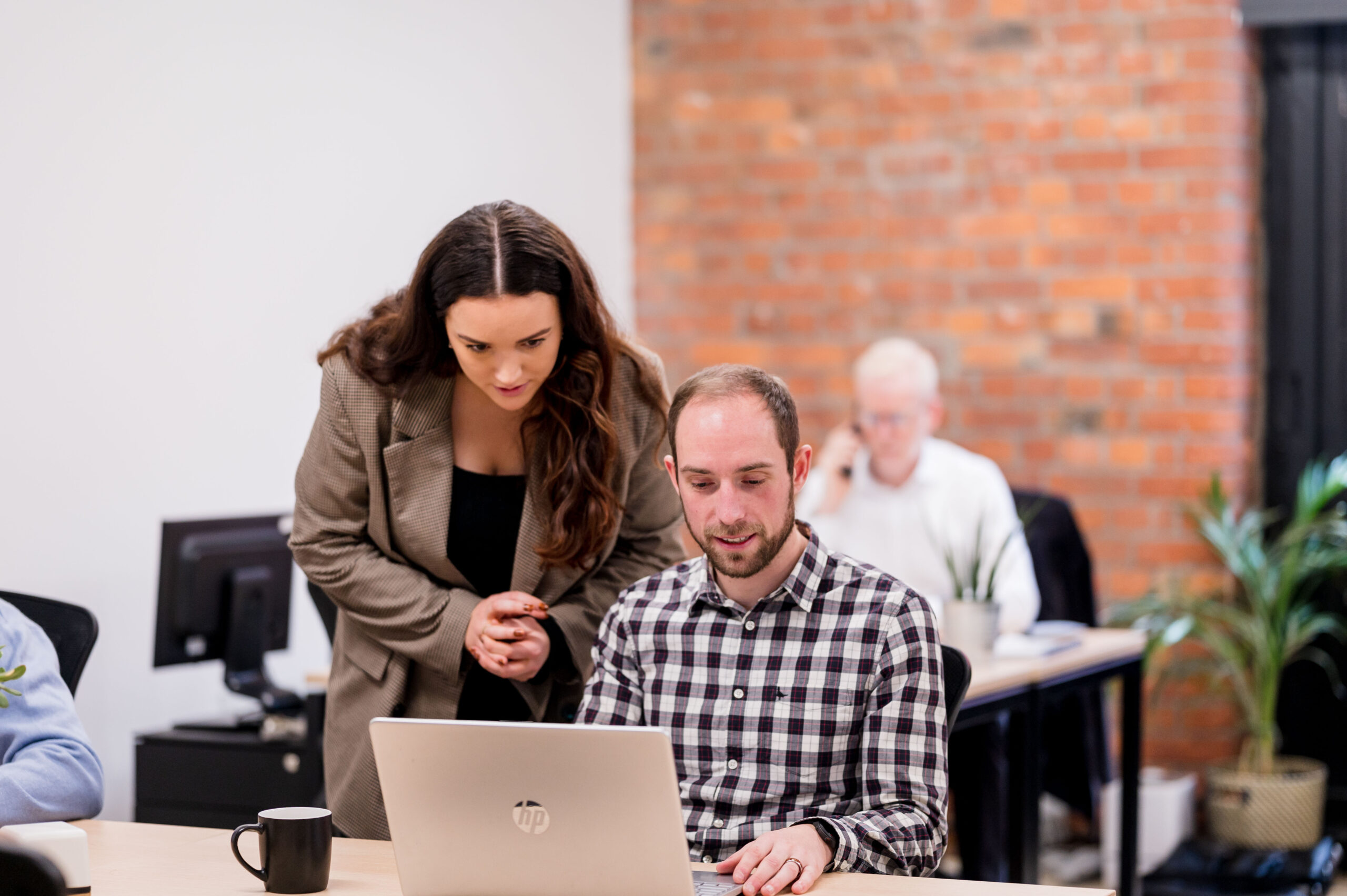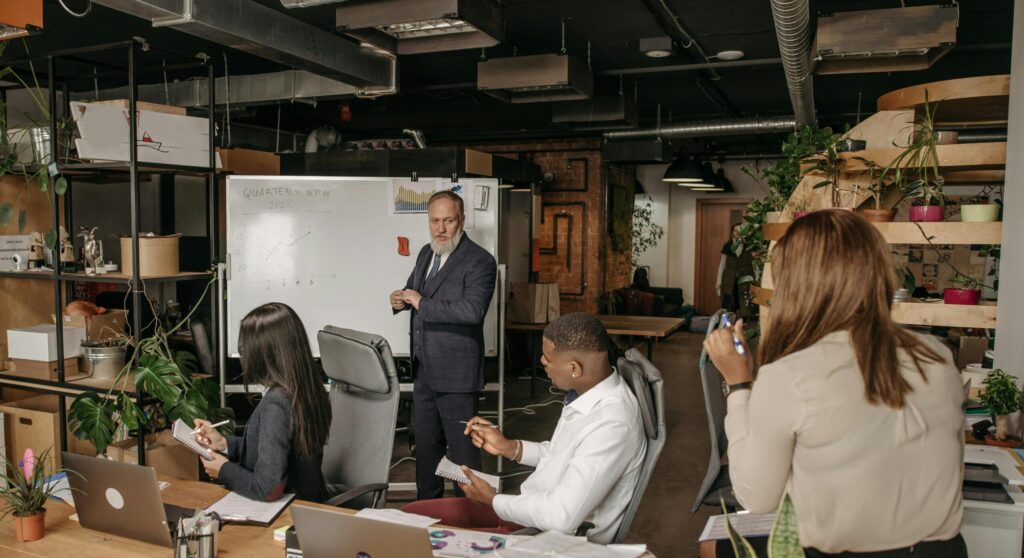What Is A Sustainable Business?
A sustainable business is a business or organisation which engages in environmentally friendly, eco or green activities. In doing this they ensure that all processes, products, and manufacturing activities adequately address current environmental concerns, while also delivering a profit.
It is a business that delivers for the needs of the world today, without having a detrimental effect on the ability of future generations to meet their own needs. It is the process of assessing how to design products, that will take advantage of the current environmental situation, and how well a company’s products perform with renewable resources.
The Brundtland Report described business sustainability as a three-legged stool of People, Planet, and Profit. Sustainable businesses manage their supply chain and try to balance all three, using sustainable business development and business distribution to affect the environment, business growth, and society. Sustainable business development is effective in creating value for customers, investors, and the environment. A sustainable business must meet customer needs, while also minimising its environmental impact.
What Is The Difference Between Sustainable Business And Corporate Social Responsibility (CSR)?
While Sustainability focuses on the environment, CSR is a business trying have a positive impact in the community through their responsible actions. While environmental sustainability is usually a part of corporate social responsibility, CSR does not only focus on sustainability.
Sustainable Business Impact
A focus of sustainable businesses is to reduce or eliminate the environmental harm caused by the production and use of their goods. The impact of a business’ activities can be measured as a carbon footprint. This is calculated by measuring the associated greenhouse gas emissions associated with production, distribution, use and disposal (or recycling) of a product or service. To reduce their carbon footprint businesses can undertake a wide range of green initiatives. A simple example would be to go paperless, or sending electronic documents instead of paper when possible.
On a higher level, examples of sustainable business practices include: refurbishing used products; refining production processes to eliminate waste or choosing ecologically safe raw materials and processes. Sustainable business leaders should also take into account the life cycle costs for the items they produce. Input costs must be considered regarding regulations, energy use, storage, and disposal. Designing for the environment DFE is also an element of sustainable business. This process enables users to consider the potential environmental impacts of a product and the process used to make that product.
Sustainable Business Strategies
Business sustainability strategies can aim to take advantage of sustainable revenue opportunities, while protecting the value of business against increasing energy costs, the costs of meeting regulatory requirements, changes in the way customers perceive brands and products, and the volatile price of resources.
Not all sustainable-strategies can be incorporated into a company’s Eco-portfolio immediately. See our sustainability trend reports. The widely practiced strategies include: Innovation, Collaboration, Process Improvement and Sustainability reporting.
- Innovation & Technology: This introverted method of sustainable corporate practices focuses on a company’s ability to change its products and services towards less waste production and sustainable best practices.
- Collaboration: The formation of networks with similar or partner companies facilitates knowledge sharing and propels innovation.
- Process Improvement: Continuous process surveying and improvement are essential to reduction in waste. Employee awareness of company-wide sustainability plan further aids the integration of new and improved processes.
- Sustainability Reporting: Periodic reporting of company performance in relation to goals. These goals are often incorporated into the corporate mission.
- Sustainable Supply Chain: Sustainable procurement is important for any sustainability strategy as a company’s impact on the environment is much bigger than the products that they consume. The B Corporation (certification) model is a good example of one that encourages companies to focus on this.
Additionally, companies might consider implementing a sound measurement and management system with readjustment procedures, as well as a regular forum for all stakeholders to discuss sustainability issues. The Sustainability Balanced Scorecard is a performance measurement and management system aiming at balancing financial and non-financial as well as short and long-term measures. It explicitly integrates strategically relevant environmental, social and ethical goals into the overall performance management system and supports strategic sustainability management.

